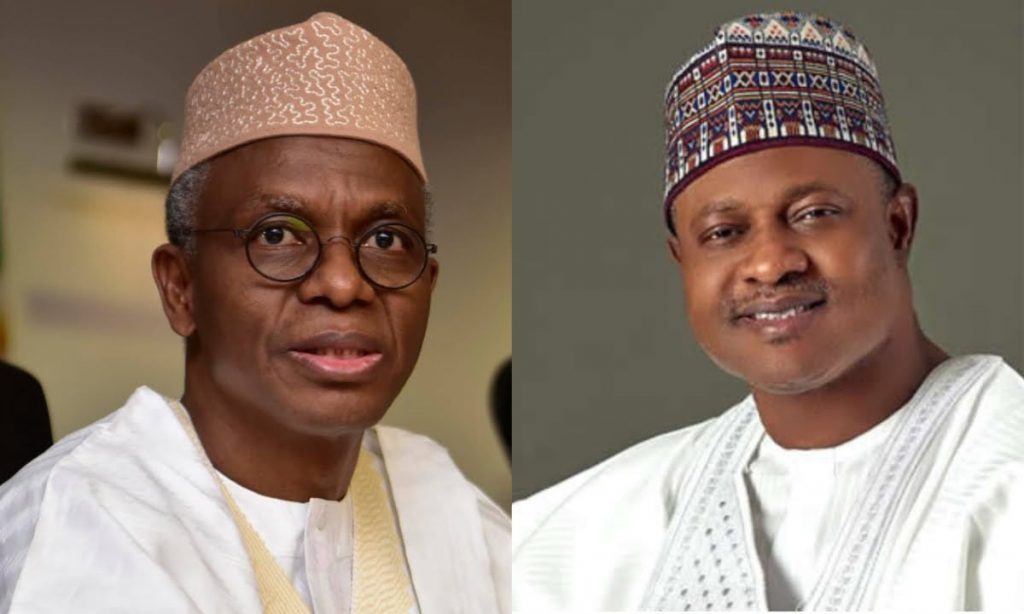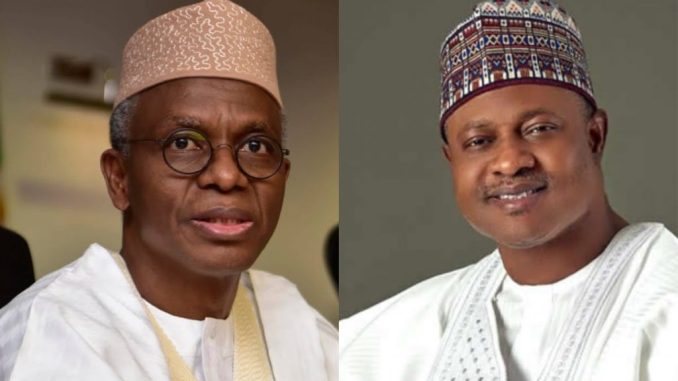

Politics is often shaped by shifting allegiances, but some betrayals are so brazen that they serve as a warning to all. The unfolding persecution of Nasir El-Rufai by his one-time ally and protégé, Governor Uba Sani, is a textbook case of political treachery, one that reveals the fragility of friendships in Nigerian politics and the dangerous weaponisation of state power.
El-Rufai, the former governor of Kaduna State, was instrumental in Uba Sani’s rise to power. He championed his political career, defended his right to contest the 2018 APC primaries, and eventually paved the way for him to succeed him as governor. Sani’s campaign was built on continuity with El-Rufai’s governance. Yet, within months of assuming office, he turned against the very legacy that got him elected. His administration is now leading a coordinated assault against El-Rufai and his former officials, using fabricated corruption allegations as a tool of persecution.
The Kaduna State House of Assembly’s so-called report, which alleges that N423bn went missing under El-Rufai’s tenure, is an embarrassingly obvious political hatchet job. The accusations have been debunked repeatedly, with clear evidence showing that most of the loans cited were either not drawn under El-Rufai’s administration or were only disbursed after his tenure. Yet, despite the lack of credible evidence, Sani’s government is pushing criminal charges against El-Rufai’s former officials (having failed to nail El-Rufai himself), determined to frame them as corrupt.
The persecution of Bashir Saidu and Jimi Lawal is particularly alarming. Both men remain unjustly detained despite being granted bail, with the Kaduna government resorting to crude tactics such as suspending land verification services in an entire state to keep them in prison. What a classic example of cutting your nose to spite your face! This is not governance in any way, shape or form. Instead, the incumbent is pursuing a personal vendetta, waged with the full force of state power.
But what does this say about Uba Sani’s character? His actions expose him as a man who is willing to discard friendships, rewrite history, and betray his benefactor for political survival. This should serve as a warning not just to El-Rufai’s allies, but especially to the President and all the President’s men whom Uba Sani is seeking to ingratiate himself with at the expense of his former ally.
If Sani can so easily turn on the man who helped his political career, what loyalty can he offer to those in Abuja whom he now seeks to please? Today, he is using the power of the state to destroy his predecessor; tomorrow, he could just as easily turn on the very people he now flatters and aligns himself with. Power is fleeting, and history has shown that those who betray their allies for short-term gain often find themselves isolated when the tides turn.
Beyond politics, this episode also sends a dangerous signal about governance and leadership in Nigeria. When state institutions- legislative bodies, law enforcement, and the judiciary are all weaponised for personal vendettas, it weakens democracy and undermines trust in leadership.
Uba Sani’s actions are not those of a leader confident in his own governance or leadership abilities. Instead of focusing on delivering on his campaign promises, he is obsessed with rewriting the past and erasing El-Rufai’s legacy, even while taking credit for projects initiated under his predecessor. But no amount of political scheming can change the facts: El-Rufai’s tenure transformed Kaduna, increasing investment, boosting IGR, and implementing groundbreaking reforms. Sani’s efforts to discredit that legacy will ultimately fail, because progress always speaks louder than propaganda.
In the end, history will judge Uba Sani, not just for his betrayal of Nasir El-Rufai, but for the precedent he is setting. Those who rise to power through disloyalty often find themselves abandoned when they need loyalty the most. Power is fleeting, but betrayal leaves a lasting stain. As long as this political persecution continues, it will not be El-Rufai’s reputation that is destroyed. It will be Uba Sani’s own credibility that crumbles. And when the tides of politics shift, as they always do, he will inevitably find himself with no one left to defend him.
.png)









 English (US)
English (US)